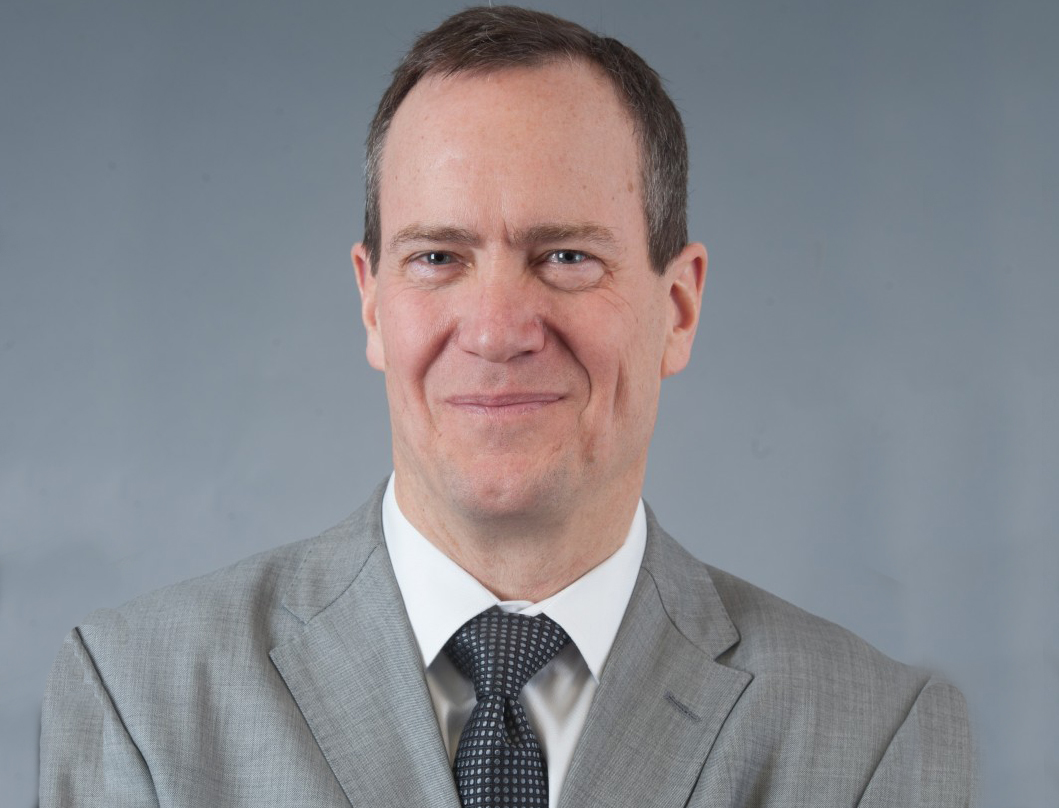It is my privilege this month to post about Pride Month. When people think about Johns Hopkins Medicine and LGBTQ issues, the entry point is often colored by the vocal and public Paul McHugh, former head of the Department of Psychiatry, who viewed gender dysphoria as a psychological problem, not a biological phenomenon—asserting that patients could be cured without gender-affirming therapy. While it is true that universities have to support academic freedom and expression of unpopular views, his public stance substantially contributed to negative views regarding Hopkins and the LGBTQ community. Thus, one person’s stance created an outsized and inaccurate view of us as a total entity. Luckily for us, times have changed. Last summer, Hopkins opened a transgender health service and accompanying surgical program—a multi-departmental collaboration advancing gender affirming treatments. We are proud to have many important LGBTQ, faculty, staff and, now, an openly gay leader of our health system, President Kevin Sowers.
Like all forms of diversity, my belief is that we will be a stronger department as we become more diverse. Our department embraces the LGBTQ community as learners, physicians, nurses, staff and patients. We are working to develop a larger presence for LGBTQ trainees in our residency program. When the Iowa Supreme Court affirmed the right to gay marriage, the university saw a fortified influx of talented faculty candidates, affirming for me the immediate advantages of a culture of acceptance and diversity.
As Pride celebrations continue to unfold across the country, I congratulate the gay rights community on the enormous strides that they have made in the past decade. In many ways, Pride Month celebrates an ongoing arc of history that started with the civil rights movement, propelled the women’s rights movement (be sure to see the new Ruth Bader Ginsburg movie if you haven’t already) and now concentrates on equality for members of the LGBTQ community. Thank you for being part of a wonderful and welcoming department.
-Mark

since my opinions have been presumed (and my influence exaggerated) in this blog post, it might help to state a few of them in a set of bullet digestshttps://rdcu.be/3r7c
--- I’ve held (as I described in Nature Medicine 1,110-114,1995) (https://rdcu.be/3r7c) the nature of gender identity disorder and its accompanying gender dysphoria to be one of assumption resting on an overvalued idea and thus falls into that class of psychiatric conditions including Anorexia nervosa, Bulimia nervosa, Body Dysmorphic Disorder and some varieties of Morbid jealousy . As such it has biological, psychological, and social foundations all of which must be considered in its treatment and none of which can be described now as defining.
------ The hormonal and surgical treatments proffered for gender identity disorder/ gender dysphoria are experimental rather than evidence based procedures. The scant data justifying these treatments (as a Hayes directory of 2014 has documented) is “evidence of very low quality”. Yet, Hopkins is providing these treatments without the usual backup suited to experimental procedures (IRB reviews, informed consent procedures explaining the experimental nature of the treatments to the subjects, and anything like comparison treatment groups to be followed alongside.) I don’t think this bodes well for us.
------ In the early 1980s here at Hopkins we psychiatrists along with the plastic surgery group decided to stop doing sex reassignment surgery not because of some prejudiced attitude towards the patients but on the basis of a 10 year follow up study of our treated patients with some control subjects. We found the patients received little significant help from the surgery. Since then a much larger and longer (30 year) cohort study from Sweden has demonstrated that reassignment surgery patients suffer suicide rates (along with other evidence of psychiatric problems) some 20 times greater than peers. No more optimistic long term results are yet available.
------- The recent exponential increase in Gender identity/ gender dysphoria amongst children and youth does not represent the discovery of long hidden and undertreated victims of biological errors in development but rather the use of gender misdirection to explain many different forms of mental anguish and disorder– a kind of idiom of distress in youth supported by cultural and clinical suggestion. These youngsters represent a group of patients very vulnerable to being drawn into transgender clinics. And, their later regrets if physically treated will lead to courtroom entanglements of the kind seen before when a medical misdirection has taken on this kind of energy
------ . The Nature Medicine paper of mine (https://rdcu.be/3r7c) places this issue amongst others of a similar kind historically. In its conclusions you’ll find predicted exactly the kind of intimidating misrepresentation of my opinions that I face today
Great write up!
It is important for you and JHM to know that Paul despite his professional differences of opinions concerning management of gender patients, supported The Sexual Behavior Sexual Consultation Unit for his entire tenure. The SBCU was the only JHM resource for gender patients from the early 70's until recently when JHM made its current commitment to diversity and restarted a surgical program for gender patients.
I thought this piece quite wonderful and shared it with some friends and local Ryan White leadership in State and health department. Thank you, once again, for moving diversity forward in this University.
Comments are closed.